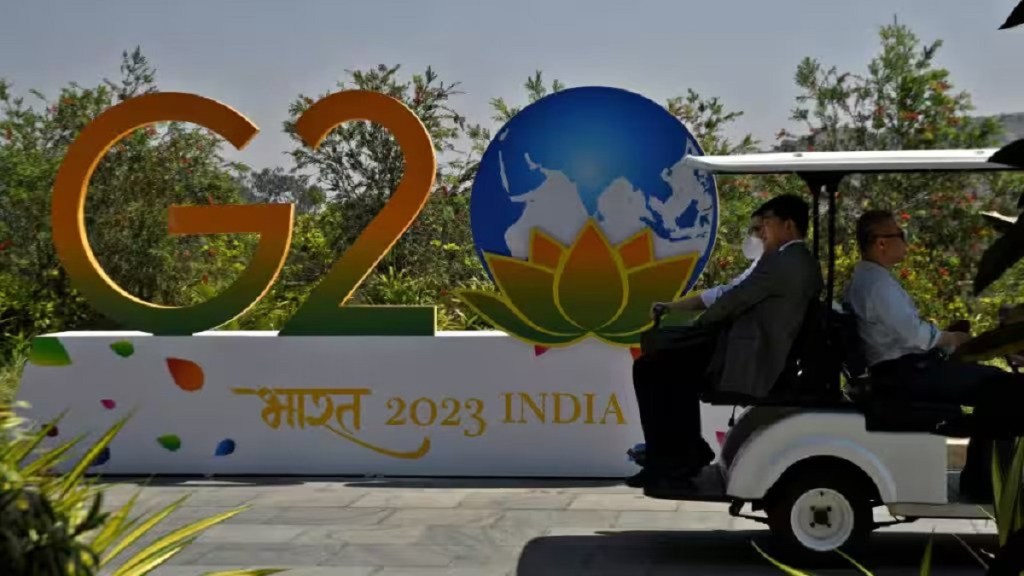Credit access for MSMEs: A G20 Policy Recommendation paper by the World Bank on advancing financial inclusion and productivity gains through digital public infrastructure (DPI) has explained how DPIs can help address the challenge of access to credit faced by SMEs by providing latter with access to financial services and information through digital channels.
“MSMEs are a critical component of most economies, accounting for a significant portion of employment and economic activity. However, MSMEs often face challenges in accessing finance, particularly in developing countries, where financial systems may be less developed,” the World Bank document prepared with inputs from the Ministry of Finance and the Reserve Bank of India (RBI) said.
In emerging markets, approximately 41 per cent of formal MSMEs have unmet financing needs. The finance gap for formal MSMEs in developing economies is estimated at $5 trillion while women-owned businesses comprise 23 per cent of MSMEs and account for 32 per cent of the MSME finance gap.
Also read: G20 presidency: Taking financial inclusion to the next level
Here are five recommendations by the World Bank document, released on September 7, on easing credit access for MSMEs by leveraging DPIs:
Digital payment systems, which allow MSMEs to accept payments from customers electronically, reducing the need for cash transactions and making it easier for SMEs to track their revenue and expenses, can also help SMEs to build a credit history. This can be important for accessing formal sources of finance, such as bank loans. Likewise, digital payment solutions for commerce generate rich data on cash flows and business performance of active MSMEs, which can then be used by credit providers to assess relative creditworthiness.
Data exchange DPIs can enable fast and seamless sharing of information from traditional sources as credit infrastructure. Credit reporting systems allow lenders to access information about a borrower’s credit history, making it easier for MSMEs to demonstrate their creditworthiness and access formal sources of finance. Digital credit reporting systems can be particularly useful for MSMEs in developing countries, where traditional credit reporting systems may be less developed.
Data exchange can also facilitate the use of alternative data sources and big-data analytics to provide additional information sources to the credit risk-assessment process for MSMEs. Data exchange can also leverage alternative sources of data, such as mobile phone call records, utility and bill payments, digital payment transactions, social media, and industry data, for this purpose. The risks associated with the use of alternative data and big data analytics—for example, data protection and privacy, and perpetuation of biases—need to be effectively addressed, the document said.
Data exchange and digital payments, when used together, can also provide alternate sources of collateral for MSMEs. For instance, they can facilitate merchant receivables financing by using the digital record of an MSME retailer’s payment receipts as collateral. Additionally, reverse factoring platforms such as the Trade Receivables Discounting System (TReDS) in India, allow financial service providers other than the buyer’s bank to discount the buyer’s receivables.
DPIs can also support MSME access to finance by providing information and education about financial products and services. For example, digital platforms can be used to provide SMEs with information about different types of loans, interest rates, and repayment terms. Digital platforms can also be used to provide training and education on financial management, improving MSMEs’ understanding of their financial needs and helping them make informed decisions about borrowing.
DPI refers to interoperable, open, and inclusive systems supported by technology to provide essential public and private services. Some examples of DPIs are digital ID systems such as India’s Aadhaar, Singapore’s Singpass, and the United Arab Emirates’ UAE-Pass; digital payment systems, especially fast payment systems, such as Brazil’s Pix, India’s UPI, etc.; and (iii) data-exchange platforms such as India’s Digilocker and Account Aggregator, Singapore’s MyInfo, Australia’s Customer Data Right, etc.
